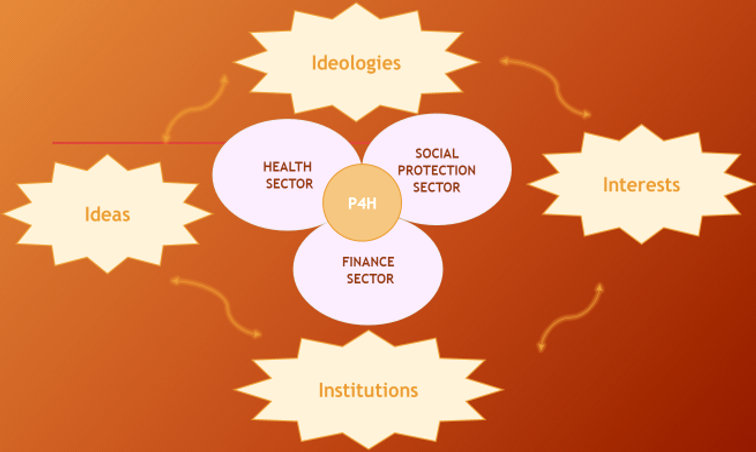Governments in low and middle-income countries (LMICs) are increasingly considering national health insurance schemes (NHIS) to achieve universal health coverage (UHC). This article examines the political economy surrounding the establishment of Zambia’s NHIS in 2018, highlighting the lengthy 26-year process that involved extensive policy dialogue and stakeholder engagement. Key findings reveal that strong political will and leadership from the Ministry of Health were essential for passing the legislation, alongside necessary trade-offs influenced by various stakeholder pressures. Public support and the legacy of previous policies, such as the removal of user fees, played significant roles in building momentum for the NHIS. Ultimately, the study emphasizes the importance of political commitment and the influence of global health narratives on local policy development in low-income settings.

